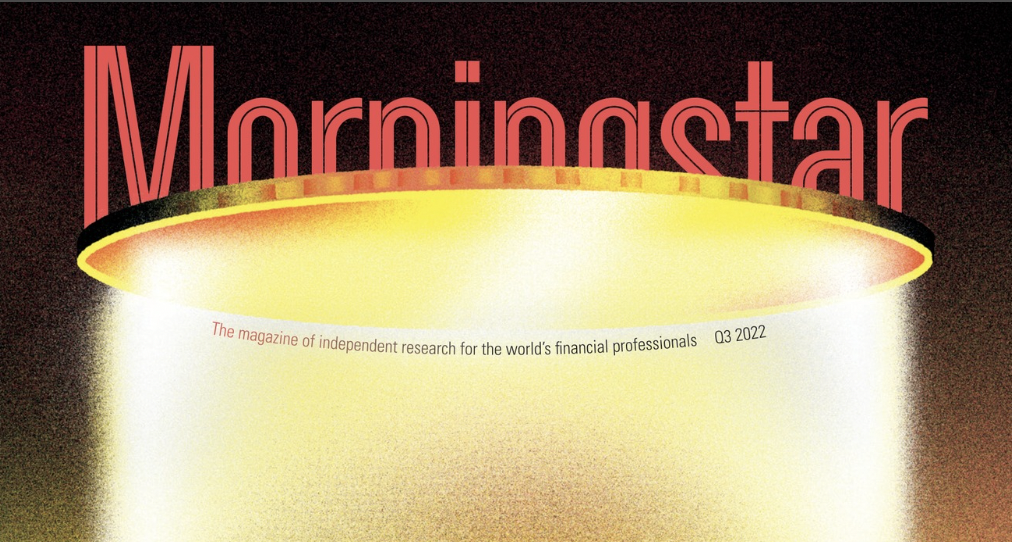The Regulatory Tides Bolstering Stablecoins
The regulation of stablecoins has undergone a dramatic shift. On June 17, the Senate passed the Genius Act with bipartisan support, a sweeping stablecoin bill creating federal frameworks for dollar-pegged stablecoins. The Stable Act, which is a substantively similar bill in the House, passed out of a committee vote in April and is waiting to be brought to the House floor for a final vote. Although the bills are similar in substance, there may need to be negotiations between the House and Senate to reconcile meaningful differences.
What New SEC Leadership Could Mean for Crypto, Private Markets, and More
Three areas for investors to watch as Paul Atkins takes over as chair of the Securities and Exchange Commission.
What’s Next for the SEC After the Election
History may not be the right guide during this particular transition.
Congress created the SEC in 1934 as an independent agency, and its goal was to insulate the watchdog of US securities markets from political meddling.
Still, elections hold consequences for the SEC and the agency’s priorities.
Why? There are a few reasons.
Marketing regulatory principles transcend products and jurisdictions
From securities to life insurance, marketing regulations align across states and products and focus on promoting truthfulness and transparency.
Can the SEC Climate Rule Spur a Culture of Voluntary Disclosure?
The Security and Exchange Commission’s recently adopted regulations on greenhouse gas emissions and climate-related financial disclosures mark a significant step toward availability of public information for investors in the future.
Digital engagement practices: new rules or application of existing ones?
What does the regulatory future look like for gamification and other digital engagement practices? That remains to be seen, says Jasmin Sethi on our Brain Waves blog
What Can Regulators Do About Crypto?
True investor protection involves proactively creating a predictable regulatory regime.
Why Investors Should Care About What the SEC Is Doing on ESG
So, what is this uproar over ESG? Do investors care? Do we need more disclosure?
With Crypto, Advisors Need to Tread Carefully
As interest in cryptocurrencies grows,1 many clients are seeking guidance from their financial advisors. But in an ever-evolving regulatory environment, and amid crypto’s recent crash, it can be hard for advisors to know what advice to offer that protects clients and fulfills their fiduciary responsibilities. READ MORE
How to Build a Diversified Crypto Allocation
Written by the SCA team and published in Advisor Perspective.
As the blockchain ecosystem develops and new cryptocurrencies spawn, investors are attempting to diversify their holdings to effectively capture the crypto market. After investors determine how much of their portfolios they want to dedicate to cryptocurrencies, a question soon follows: Which cryptocurrencies should constitute those holdings?
Morningstar Experts Venture Into Crypto
At the 2022 Morningstar Investment Conference in May, Karla Paxton hosted a panel called “Why Aren’t More Women Talking About Crypto?”
Paxton, a senior vice president of business development at Morningstar, is an individual cryptocurrency investor. She sat down with Morningstar experts [including] Jasmin Sethi, associate director of policy research. READ MORE
How Safely Are You Trading Cryptocurrencies?
Investing in cryptocurrency comes with many risks. While some risks, like extreme price volatility, have become well-known and well-understood by the general public, others remain obscure and leave retail investors potentially vulnerable. From June 2020 to June 2021, 13% of Americans purchased or traded cryptocurrencies, according to a University of Chicago survey.
Is Gamification Bad for Investors?
The paradox brought about by digital trading platforms is that digital nudges, also called behavioral prompts, have the potential to both aid and hinder investors. Nudges can positively influence investors by encouraging behaviors--like saving--that benefit investors and serve their personal goals.
The Paradoxical Consequences of the Employee–Contractor Designation
Last November, the U.S. Securities and Exchange Commission (SEC) proposed a rule that could pave the way for these platform workers—commonly known as gig workers—to receive equity compensation just like employees and other categories of independent contractors.
Public Option: Why Can’t It Be The American Way
While political commentators can debate whether the administration is centrist or leftist, the important question for those concerned about policy over politics is what is the most effective and practically feasible way to solve many of the social and economic problems causing and resulting from the tremendous amount of inequality in the US. In some areas, a public option has been suggested as the solution.

















